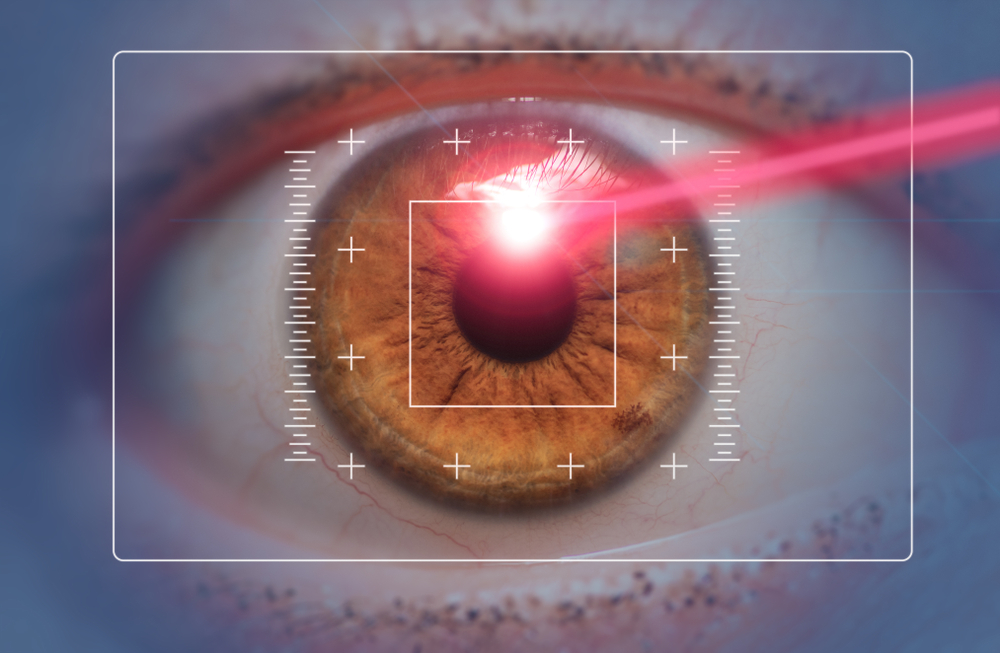Laser-Assisted In Situ Keratomileusis or Lasik is a refractive eye procedure that changes the shape of the cornea or the clear covering of the eye with the use of a laser. Because this eye surgery is permanent, it means that you don’t have to wear eyeglasses or contacts anymore after the said procedure.
In this post, you’ll learn how Lasik surgery Rochester can help you so that you can make the best decision for your eye health.
Corrects Vision
The normal vision is 20/20. However, some people have distorted vision, like those with myopia or nearsightedness, a condition in which near objects can be seen clearly while distant objects appear blurred. Such condition is the opposite of hyperopia or farsightedness, in which far objects look clear while near objects look blurry.
With Lasik, you can achieve 20/25 vision or even better. People who have mild nearsightedness have a higher success rate with refractive surgery. Most people could tolerate the side effects, which include temporary visual disturbances and dry eyes that usually disappear after a few weeks following the procedure. Also, complications are rare. You may check this site to learn more about Lasik services in Rochester.
Reshapes the Cornea
One major cause why vision becomes blurry is astigmatism, wherein the cornea flattens or curves unevenly, disrupting focus of your near and distant vision. While wearing eyeglasses or contact lenses can help correct astigmatism, Lasik is an effective and permanent way to address this vision problem by reshaping the shape of the cornea, providing vision correction.
Here’s how Lasik works to reshape the cornea for clear vision:
- Your eye doctor will assess your eye by taking detailed measurements.
- A special type of laser that emits a laser beam will be used to remove a tiny amount of tissue and shape your cornea.
- The eye surgeon will flatten or curve your cornea to make the cornea steeper and correct your vision.
Recommended for Problematic But Stable Vision
Lasik surgery involves using a laser or microkeratome, so the corner of the eye is reshaped to improve visual acuity. This permanent treatment can provide you a long-lasting alternative to contact lenses or eyeglasses.
Improves a Person’s Quality of Life
In most cases, Lasik helps people attain an improved quality of life for many years and even decades. You don’t have to wear glasses or contacts when playing sports, which may greatly affect your performance. Also, you can execute your favorite dance steps without the hassle of ruining your eyewear while performing.
The Lasik procedure has become more refined, with the technology and techniques continually changing. That’s why it’s important to choose a trusted and experienced eye doctor to do the procedure to ensure successful outcomes.
Improves Your Overall Health
While Lasik cannot treat color blindness, the procedure can help you attain 20/20 vision or even beyond that. With an excellent vision after Lasik, you’ll be able to focus on other aspects of your health because your eye problems have already been resolved. The next thing you’ll need to do is to make sure that you’re living a healthy lifestyle to avoid diabetes and heart diseases that can also affect your vision.
Smoking cessation and eating nutritious food can help improve your health. And, because you need not worry about breaking any eyewear during exercise, you can perform regular workouts and become more fit and healthy.
Things to Do Before Undergoing Lasik Surgery
Lasik is not new because it has been used as an effective and permanent treatment for refractory eye problems since 1991, with over 40 million Lasik procedures performed since it was invented. It’s a well-accepted technology that rapidly proliferated worldwide.
However, Lasik has turned out to be a common commodity nowadays that it is being offered everywhere. That’s why it’s important to entrust your vision in the right hands. Here are some tips before undergoing LASIK:
- Do some homework by knowing basic information about Lasik, including its indications, risks, and complications.
- Interview prospect eye surgeons to ensure they are experienced and reputable. Ask about their educational background and cases handled.
Conclusion
Lasik is not applicable for all eye conditions, such as severe refractive errors that would mean removing excess corneal tissues. That’s why Lasik is highly recommended for those who have mild refractory problems, such as mild nearsightedness, farsightedness, or astigmatism. By undergoing Lasik surgery in Rochester, you don’t have to wear eyeglasses or contact lenses every time, which could help improve your quality of life and overall health.

